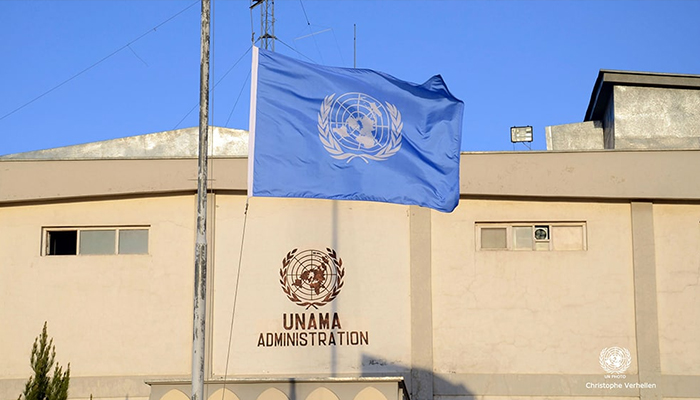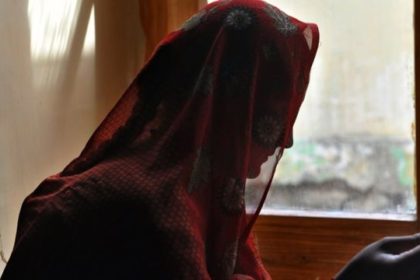RASC News Agency: A prominent coalition of Afghanistani human rights defenders has issued a blistering critique of the United Nations’ “Mosaic” political roadmap, branding it a thinly veiled attempt to grant legitimacy to the Taliban regime under the guise of inclusivity and conflict resolution. The group has warned that the plan poses a grave threat not only to the future of Afghanistan but also to the credibility and moral foundation of the international order. In an official statement, the Human Rights Activists Coalition asserts that the Mosaic initiative is being driven not by the will of the Afghanistani people, but by UNAMA’s internal political agenda, in collaboration with select individuals aligned with extremist and terror-linked networks. According to the coalition, the overarching objective of the plan is not the resolution of Afghanistan’s multidimensional crises, but the gradual political rehabilitation of the Taliban a group that continues to rule through violence, repression, and exclusion.
The statement denounces UNAMA, arguing that it has forfeited its legal and ethical mandate by transforming from a humanitarian mission into a political intermediary serving the interests of a regime internationally condemned for its crimes against women, minorities, and civil society. What began as a mission to facilitate emergency aid has now evolved into what the coalition calls an engine of legitimization for a theocratic dictatorship. One of the most alarming developments, the coalition notes, is the potential transfer of Afghanistan’s seat at the United Nations to the Taliban. Such a move would not merely symbolize international recognition, but would entrench a militant group responsible for gender apartheid, ethnic cleansing, and suppression of press freedom into the heart of the global diplomatic community.
“This seat belongs to the Afghanistani people not to those who seized power through coercion and fear,” the statement reads. “To hand it to the Taliban is to endorse tyranny and reward the destruction of an entire society.” The coalition underscores that the Taliban lack all forms of legitimacy: legal, moral, political, and national. They emphasize that no future vision for Afghanistan can be founded on compromise with terror, silencing of dissent, erasure of diversity, and institutionalized misogyny. By engaging the Taliban as a stakeholder, the United Nations risks undermining democratic norms and emboldening authoritarian actors worldwide. Rather than empowering the oppressors, the coalition calls upon the United Nations and global community to recognize the real voices of Afghanistan those who, despite systematic repression, continue to resist the regime through civil disobedience, education activism, underground journalism, and protest.
“To amplify the voice of guns while muting the voice of the oppressed is not neutrality it is betrayal,” the statement declares. The coalition further urges the creation of a transparent, representative, and democratic political process, constructed by and for the Afghanistani people, in collaboration with pro-democracy movements and human rights defenders. They insist that any legitimate political pathway must completely exclude the Taliban and other extremist groups whose rule is incompatible with basic international human rights standards. These concerns come in response to growing reports that the United Nations is pursuing a “Mosaic” framework that includes consultations with regional actors, international stakeholders, and the Taliban. Leaked outlines suggest the plan is built around six key pillars: the formation of an inclusive government, counterterrorism assurances, upholding of human rights particularly women’s rights, lifting of international sanctions, diplomatic recognition of the Taliban, and unfreezing of Afghanistan’s sovereign assets.
Observers warn that such demands crafted in part by the Taliban themselves are tantamount to rewarding brutality with legitimacy, and represent an affront to every Afghanistani who has suffered under their rule. “This initiative does not heal wounds; it pours salt into them,” the coalition warns. “If adopted, the Mosaic plan will not foster peace it will institutionalize oppression, embolden extremists, and permanently silence a nation.” The statement concludes with a global appeal: for the United Nations to reclaim its founding values, listen to Afghanistan’s silenced majority, and reject any policy that seeks to normalize tyranny. The coalition affirms its unwavering commitment to working alongside democratic forces to create a future rooted in justice, inclusion, and the will of the Afghanistani people not in the shadow of the Taliban’s terror.






